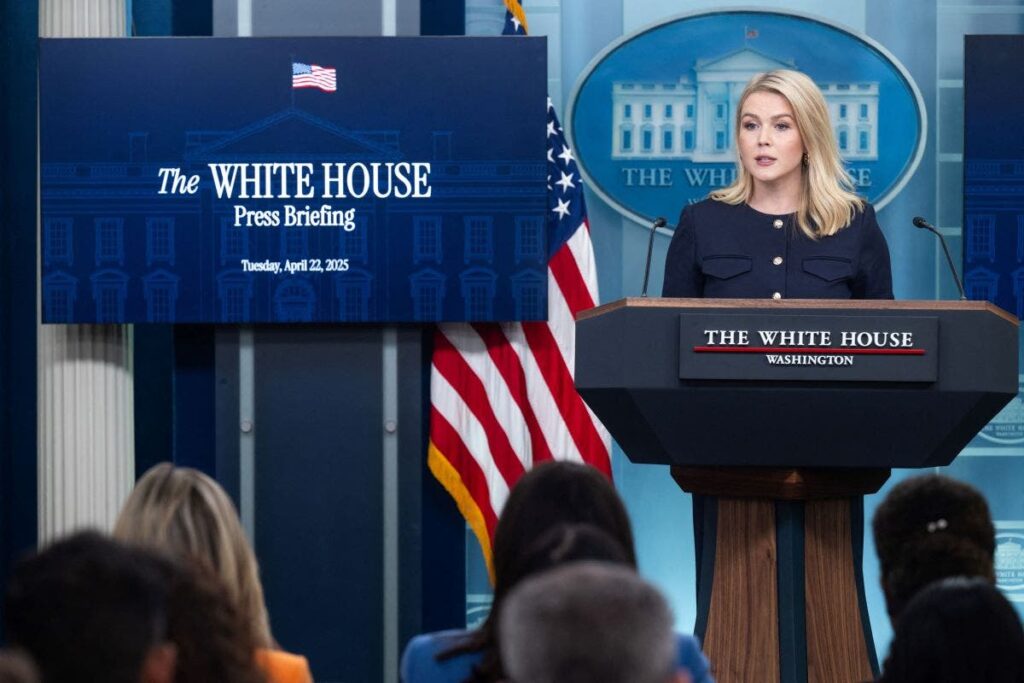The White House has initiated new restrictions to reporters on Friday, no longer allowing access to Room 140 or the “upper press” room.
Newsweek reached out to the White House via email Friday night for comment.
Why It Matters
New restrictions placed on journalists by the White House and Pentagon have sparked significant concern from leading U.S. media organizations, press freedom groups and First Amendment advocates.
The policy changes limit how and when reporters may access crucial government areas and information, drawing criticism that these measures threaten transparency and impede the ability of the media to hold officials accountable.
The White House’s restrictions arrive in the wake of similarly controversial rules at the Pentagon.
What To Know
According to numerous reports on social media, the White House sent out the new guidance around 5 p.m. ET Friday.
“As a result of recent structural changes to the National Security Council, the White House is now responsible for directing all communications, including all national security matters,” the memo read in part, according to Sinclair Broadcast Group National Correspondent Ahtra Elnashar on X. “In this capacity, members of the White House Communications Staff are routinely engaging with sensitive material.”
“In order to protect such material, and maintain coordination between National Security Council Staff and White House Communications Staff, members of the press are no longer permitted to access Room 140 without prior approval in the form of an appointment with an authorized White House Staff member,” the memo reads.
These restrictions come amid a parallel crackdown on the press at the Pentagon, under Defense Secretary Pete Hegseth.
The Defense Department has instituted a new media credential agreement that leading news outlets, including Newsmax, The Washington Post, The New York Times, Fox News and CNN, have refused to sign. The rejected rules required military personnel to obtain official approval before sharing any information with the press—classified or not—and would allow for journalists to be barred from the Pentagon if deemed security risks.
What People Are Saying
White House Communications Director Steven Cheung, on X Friday: “Some reporters have been caught secretly recording video and audio of our offices, along with pictures of sensitive info, without permission Some reporters have wandered into restricted areas (our offices are feet away from the Oval Office) Some reporters have been caught eavesdropping on private, closed-door meetings Cabinet Secretaries routinely come into our office for private meetings, only to be ambushed by reporters waiting outside our doors Press still has access to lower press where the press team sits and can answer all inquiries Reporters can make appointments to see us in our offices”
Weijia Jiang, White House Correspondents’ Association president, in a statement on Friday night: “The White House Correspondents’ Association unequivocally opposes any effort to limit journalists from areas within the communications operations of the White House that have long been open for newsgathering, including the press secretary’s office. The new restrictions hinder the press corps’ ability to question officials, ensure transparency, and hold the government accountable, to the detriment of the American public.”
Joyce Alene, former federal prosecutor, on X Friday: “WH trying to restrict journalists access there, following ejection of the Pentagon press pool. Bill Clinton tried something similar at the WH, but opposition forced him to relent.”
What Happens Next
It remains unclear whether journalists will regain access under revised or rescinded policies.
Read the full article here


